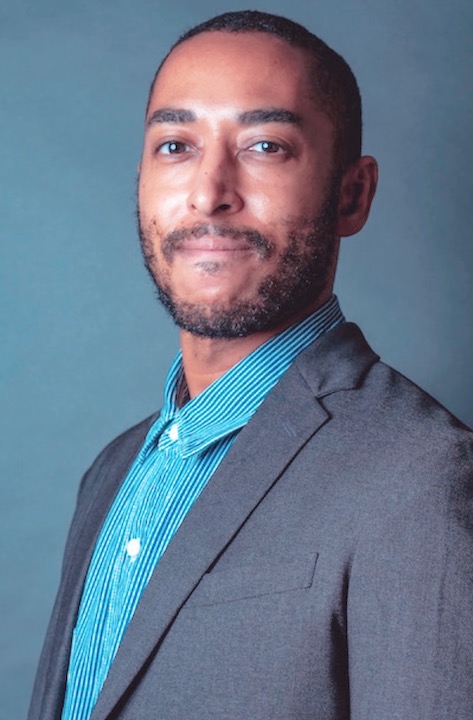
Deputy Legal Director for State Courts
May 12, 2023,
May 12, 2023,
When AFJ’s Deputy Legal Director for State Courts Zachery Morris joined the organization’s State Court Justice Project in the summer of 2022, he didn’t see it as a departure from his previous work litigating vital civil rights and government accountability cases.
“Most recently, as a litigator at the NAACP Legal Defense Fund and at American Oversight, I was starting to delve increasingly into state courts work—both in federal litigation about state court elections and in state court litigation, and I witnessed firsthand the ways in which state courts have often been bypassed when it comes to civil rights efforts,” Zac said. “For me, this is a direct continuation of the work that I’ve already been doing for years and feels incredibly urgent as our state courts are frequently the final arbiters for a spectrum of fundamental rights.”
A varied legal career – ranging from international human rights work in Africa and Asia to voting rights work in the American south – led Zac to his leading role in the fight to make states’ high courts places that respect the rights of everyone, not just those of the rich and powerful. In his year as Deputy Legal Director for State Courts, he’s most excited about having built connections with advocates and communities in states where freedoms including the right to vote and to abortion are in the hands of the state supreme court – states such as Pennsylvania, North Carolina, and Michigan.
He’s also played a key part in building out AFJ’s State Courts Hub, an exhaustive resource to help everyone across the country understand whop sits on their state’s high court, how they got there, what’s at stake, and how to weigh in. “An essential part of our work is demystifying these processes and helping people find ways to directly shape what their state courts look like,” Zac said.
Success for the State Court Justice Project depends, in part, on dispelling the misconception that advocacy around a state’s high court is less valuable than work to shape the federal courts system. Zac notes that “the vast majority of cases in the country are filed in state courts, and many of our state constitutions articulate rights and protections that are more expansive than the U.S. Constitution.”
In the next phase of the SCJP’s fight, Zack is looking forward a building a bench of outstanding jurists to sit on state high courts across the country: “I’m excited about our work to help build and diversify the pool of potential state court judges around the country, both in terms of demographic and professional diversity.”